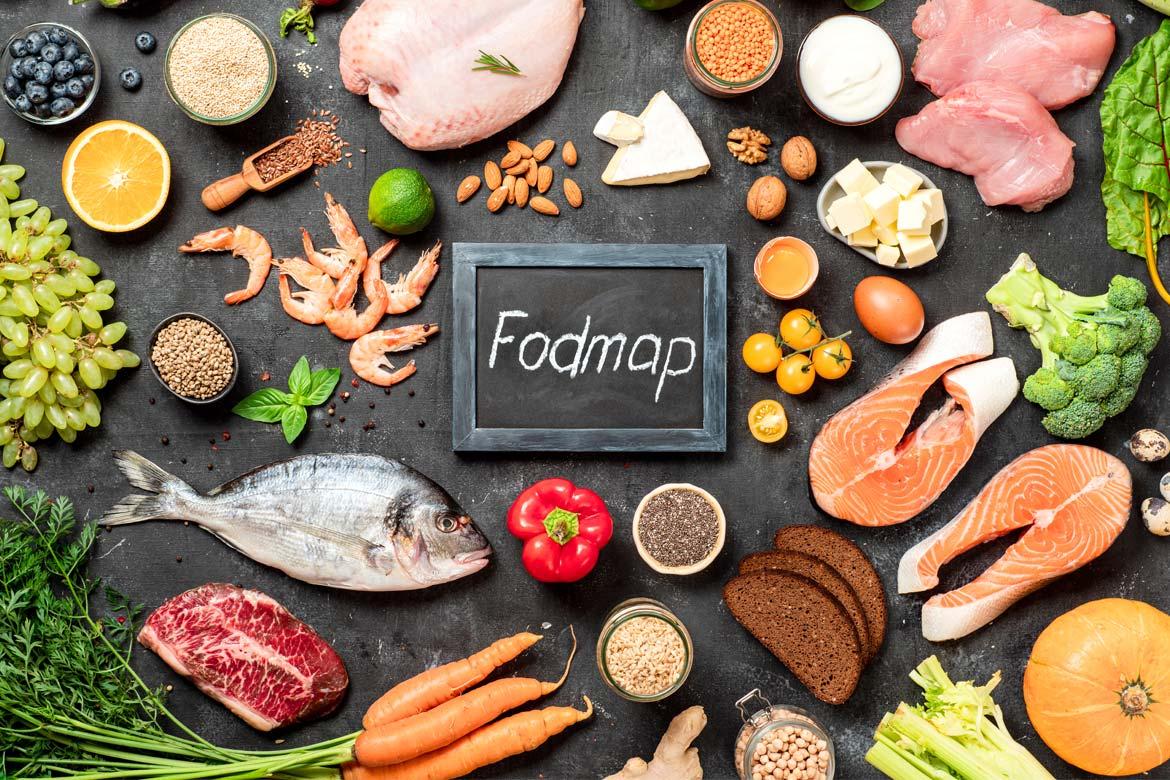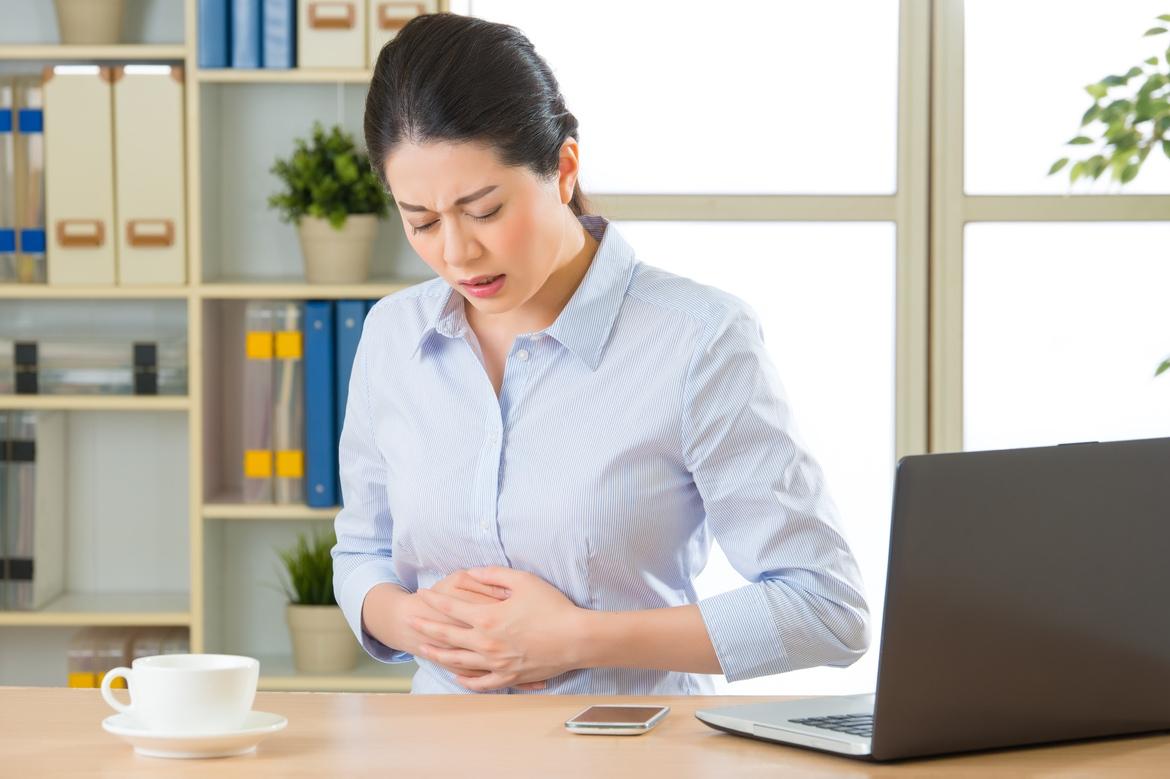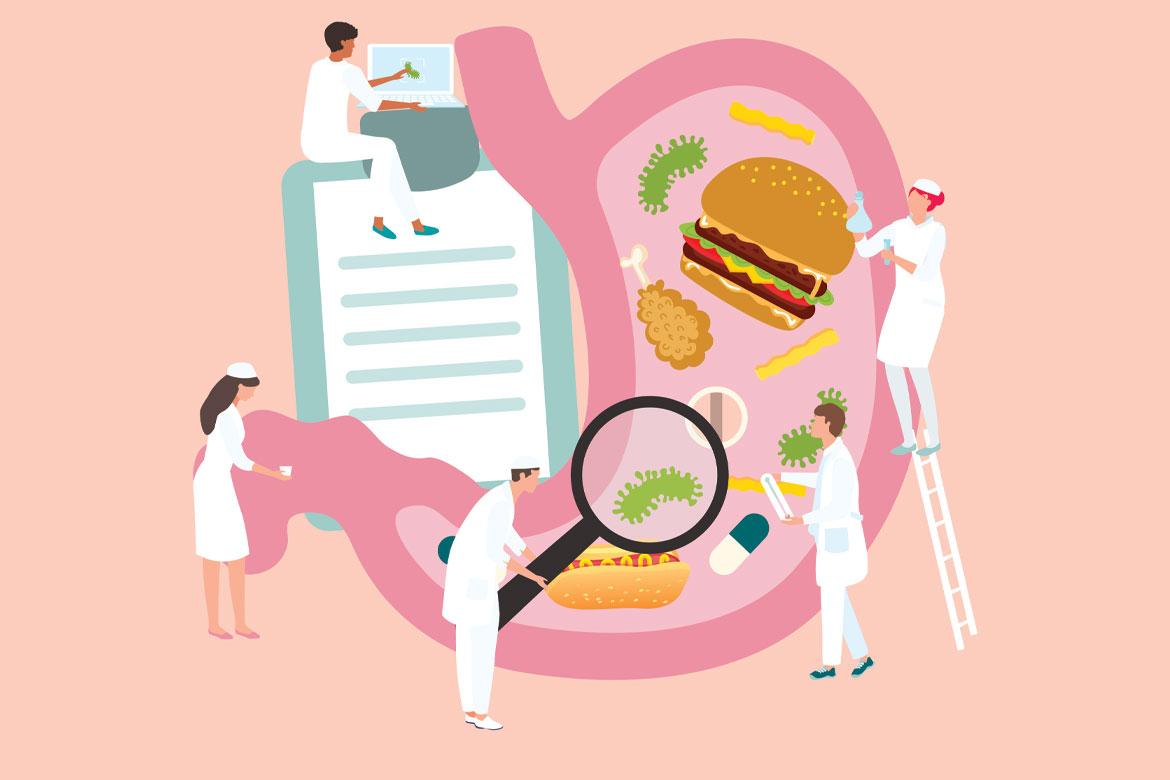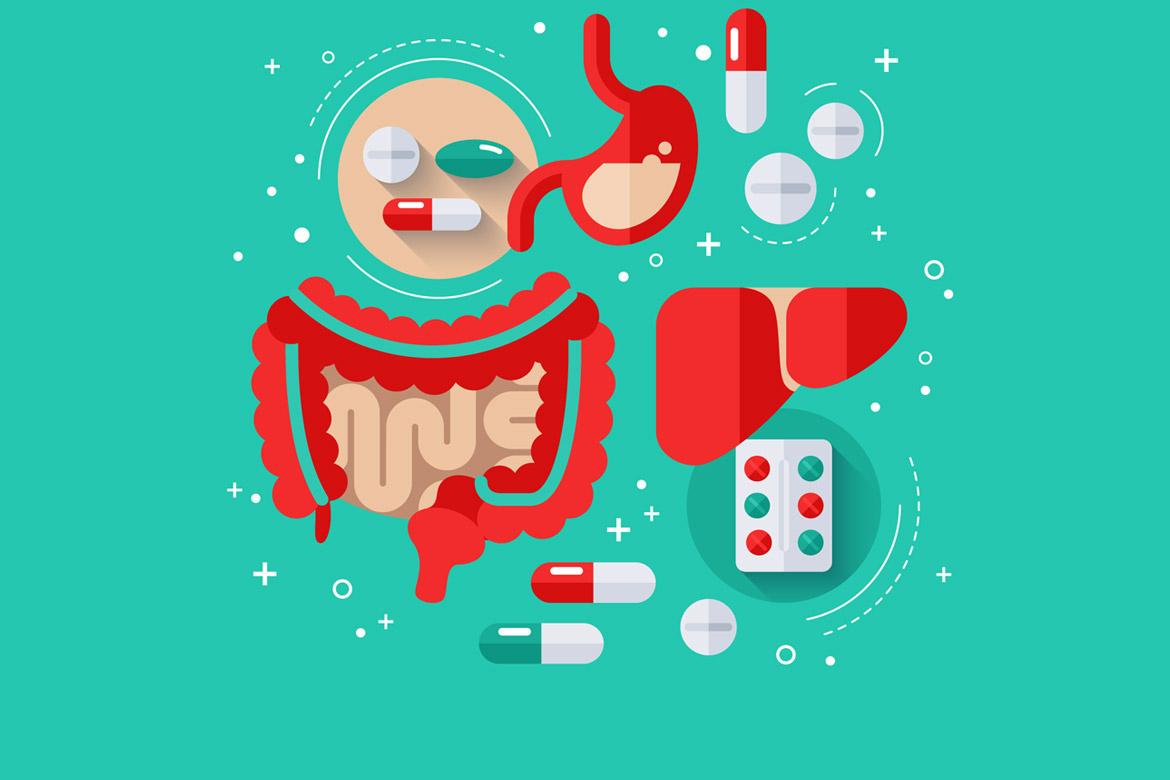-
-
Featured Care Areas

Irritable Bowel Syndrome (IBS)
How is irritable bowel syndrome diagnosed?
Your doctor will need to do the following to diagnose your IBS condition and rule out other conditions:
Medical history review
Your doctor will ask you to describe your symptoms to identify certain patterns that may suggest IBS. You should provide details about your symptoms such as:
- Pain in the abdomen
- Changes in bowel movement frequency
- Changes in appearance of stools
- Duration of symptoms
- Presence of other symptoms like anaemia, bleeding, and weight loss
- Personal and family history of gastrointestinal diseases
- Information about stressful events experienced
- Dietary habits
Physical examination
Your doctor will perform a physical examination to check for:
- Abdominal bloating
- Sounds within the abdomen
- Tenderness or pain in the abdomen
Tests
Your doctor may require you to undergo the following:
- Blood test to check for anaemia, infections, and inflammation
- Stool test to check for blood in the stool or other signs of infections or diseases
- Hydrogen breath test to check for bacterial overgrowth in the small intestines, or lactose and/or fructose intolerance
- Upper gastrointestinal endoscopy and biopsy to check for coeliac disease
- Colonoscopy to check for colon cancer or inflammatory bowel disease
How is irritable bowel syndrome treated?
While there is no known cure for IBS, a combination of stress management, diet and lifestyle adjustments are key to reducing the frequency and severity of symptoms. Treatment options consist of managing your symptoms and avoiding risk factors that trigger the onset of your symptoms.
Your doctor will suggest a treatment plan that works best for you once your diagnosis is confirmed. It may include a combination of the following:
Lifestyle changes
You may be asked to make the following lifestyle changes:
- Exercise regularly
- Keep your stress levels in check
- Get sufficient sleep
- Keep a symptom diary to help identify trigger factors
Dietary changes
You may be asked to make the following dietary changes:
- Follow a low-FODMAP diet. You may be required to avoid certain carbohydrates called FODMAPs. FODMAPs are not absorbed by the small intestine but instead break down and produce gas in the large intestine. Foods to avoid include:
- Fructose (such as fruits, honey, high-fructose corn syrup)
- Lactose (dairy products)
- Fructans (wheat, onions, and garlic)
- Galactans (legumes)
- Polyols (sugar alcohols)
- Avoid gluten. Gluten is found in wheat, rye, and barley and may also be present in vitamin and nutrient supplements, lip balms, and certain medicines. Avoiding gluten has been shown to improve diarrhoea.
- Increase fibre intake. Eating foods with more soluble fibre is helpful in relieving IBS symptoms. Soluble fibre is found in certain fruits and vegetables, nuts and seeds and whole grain products. However, some patients may experience worsened bloating. You should gradually increase your fibre intake to help your body get used to it.
- Eat small meals and drinking sufficient water
Medications and supplements
These include:
- Antispasmodic medicines. These medicines relax the muscles in the wall of the large intestine and improve pain. Examples include alverine citrate, mebeverine, hyoscine, and peppermint oil.
- Antibiotics. Antibiotics help to address the growth of harmful bacteria in the intestines.
- Probiotics. Some probiotics may help ease symptoms in some patients. However, more research is needed on the form, dose, and strains that are effective.
Always consult a doctor before starting on new medications or supplements.
This page has been reviewed by our medical content reviewers.
Need help?
For enquiries, please call
+65 6377 3737
For appointment bookings, please WhatsApp
+65 8111 3777









